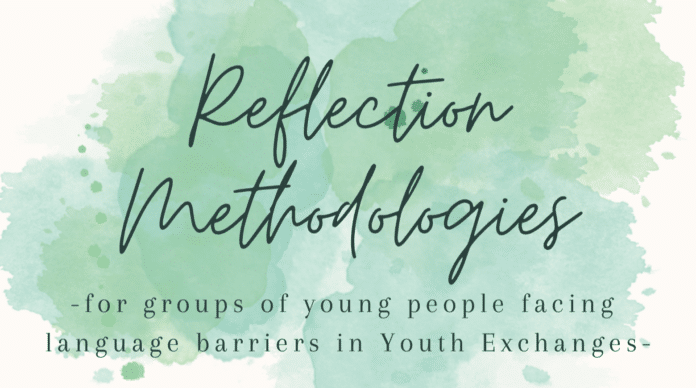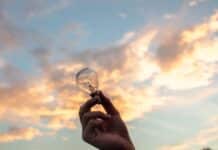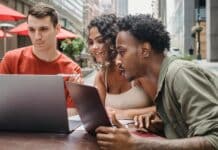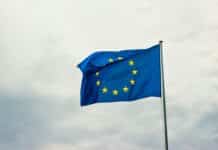Why this toolkit?
Often, as human beings, words can feel inert regardless of the spoken language, vulnerability can be seen as an obstacle, instead of a resource and creativity as a characteristic of musicians, painters, writers and artists. Instead, we think that creativity is a boundless wellspring of human potential, waiting to be tapped into. A remarkable and invaluable human trait that resides within each one of us – a fundamental aspect of our problem-solving abilities, a vital component of innovation, and a means of personal expression.
Thus, we think that it often flourishes when we take the time to reflect on our thoughts, experiences, feelings and ideas. In this direction, this reflective process gives us the opportunity to connect the dots, travel inside of ourselves, think differently, and gain new insights. This is where the “Reflection Methodologies – for groups of young people facing language barriers in Youth Exchanges” Toolkit comes into play – a diverse set of creative, non-verbal, hands-on methods designed to unlock your emotions by fostering personal growth and to nurture your creative thinking, allowing you to explore and expand your imagination.
It bridges this concept, empowering the participants to engage in meaningful self-examination, to live their emotions in line with what they feel inside of their bodies and can’t shape them through words, by offering them a safe space to ignite their creativity.
With the “Reflection Methodologies – for groups of young people facing language barriers in Youth Exchanges” Toolkit in your hands, you can bring innovation to your working methods, by flourishing the critical thinking of your participants and encouraging them to embrace their emotions, as well as finding inspiration in the world around themselves.
In case you decide to use one of the methodologies presented in the toolkit, we would be more than happy if you could share your experience with us, by writing us an email –
HERE YOU CAN DOWNLOAD THE TOOLKIT
The context
All the methods collected and described in the toolkit were designed, developed and successfully tested for the first time during the 2 youth exchanges we organized in the summer of 2023 in Galbiate, Italy. Together with the team leaders, we sketched the objectives and the methodologies, according to the needs shared:
- Outdoor activities and sport for all – 26nd to 31st of July, with the aim of:
- Addressing the connection between physical and emotional wellbeing;
- Exploring outdoor activities and sport as useful tools for bringing people together and creating more fair and more inclusive societies;
- Exchanging experiences and practices related to outdoor activities and sport.
- Upcycling & Sustainable Lifestyles – 22nd to 27th of August, focused on:
- Making young people more aware about the impact of human activities on environment, promoting individual & societal actions to reduce it;
- Creating awareness about waste and food waste, through practical workshop on upcycling;
- Sharing good practices for the reuse, reduction and recycling of waste in different European countries;
- Giving young people the opportunity to live an experience of learning & self-management in a multicultural context.
The methods were born out of a deep wish to empower youngsters to explore their thoughts and feelings, ultimately leading to a deeper understanding of themselves and their creative abilities. They have been originally thought to be used in national groups of youngsters aged 14-17 years-old, facing language barriers, as Associazione Joint got awarded with a 3-year Erasmus+ accreditation for a strategy focused on the inclusion and the empowerment of young people with severe social and economical fewer opportunities and highly vulnerable young people in European mobility projects (from shelters, youth centers, communities, supported by social services etc.)




